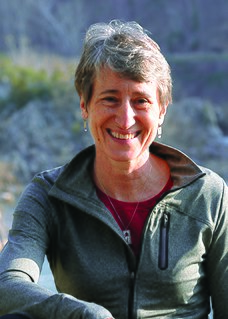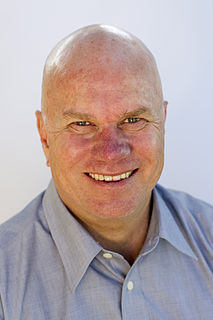A Quote by Vinod Khosla
Photovoltaics are a great technology for certain applications, and, in fact, we invest in photovoltaic technologies. But they're not good substitutes for grid electricity.
Related Quotes
Germany has a lot of solar power. In fact, in 2005, some 55 or 57 percent of worldwide installations were photovoltaics in Germany. That's 57 percent of all worldwide solar photovoltaics. Because of the high feed-in tariff, they have a way of allowing you to produce electricity and ship it into the grid at very high prices.
People always think of technology as something having silicon in it. But a pencil is technology. Any language is technology. Technology is a tool we use to accomplish a particular task and when one talks about appropriate technology in developing countries, appropriate may mean anything from fire to solar electricity.
If we can speed up the deployment of clean energy technologies in developing countries with investments from the Green Climate Fund, hundreds of millions of people will be able to access electricity for the first time - with all the education, health, communication and entrepreneurial opportunities electricity enables.

































